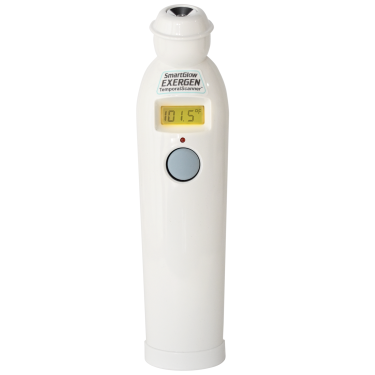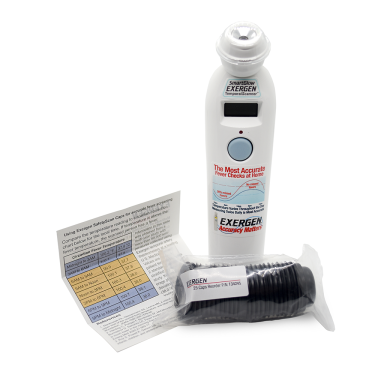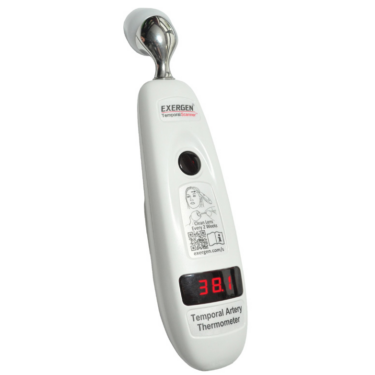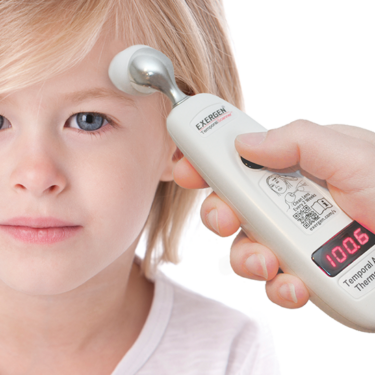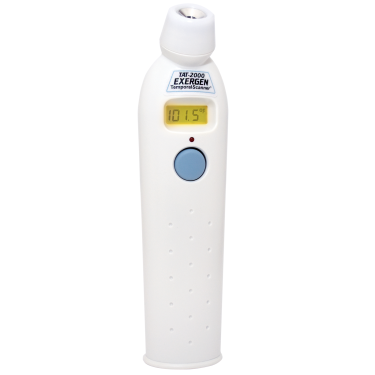Yes, it can cause a fever. Here is what you need to know. Food poisoning is one of those unpleasant experiences that can hit anyone. It happens when someone eats contaminated food, for example food that’s been exposed to harmful bacteria, viruses, parasites, or even the toxins those microbes produce.
When the body detects something toxic, it reacts fast. Fever is a sign that the body is fighting back. Other common symptoms include nausea, vomiting, diarrhea, and stomach cramps. Most people bounce back within a day or two, but older adults, young kids, pregnant women, or those with weakened immune systems it can be serious.
If there’s a high fever (over 102°F), bloody diarrhea, nonstop vomiting, or signs of dehydration like dry mouth and dizziness, it’s time to seek medical help. These red flags mean the body might not be handling the infection well on its own.
Since fever is one of the symptoms it is important to monitor to do regular temperature checks to track fever patterns. Using an easy-to-use, accurate thermometer like the Exergen Temporal Artery Thermometer to ensure that temperature measurements are reliable and precise.
What Causes Food Poisoning?
It all comes down to contamination. That could mean bacteria like Salmonella or E. coli, or viruses like norovirus. Contaminated food might not look, smell, or taste any different—but the consequences can be rough.
Food poisoning is often preventable. It just takes good food hygiene:
- Clean: Wash fruits and vegetables thoroughly. Always clean hands, utensils, and surfaces before and after handling food.
- Separate: Don’t let raw meat, poultry, or eggs near fresh foods. Keep them on different cutting boards and plates to avoid cross-contamination.
- Cook: Use a food thermometer to make sure meats reach safe internal temperatures. Ground meats should be fully cooked with no pink inside, and fish should flake easily.
- Chill: Refrigerate leftovers promptly—within two hours—to stop bacteria from multiplying. Watch for mold, smells, or expired dairy products.
Yes, food poisoning can cause a fever and a whole lot more. But with a little care and awareness, it’s also something that can often be avoided.
Sources,
- Cleveland Clinic, https://my.clevelandclinic.org/health/diseases/21167-food-poisoning
EXERGEN P/N 850421, Rev 1
